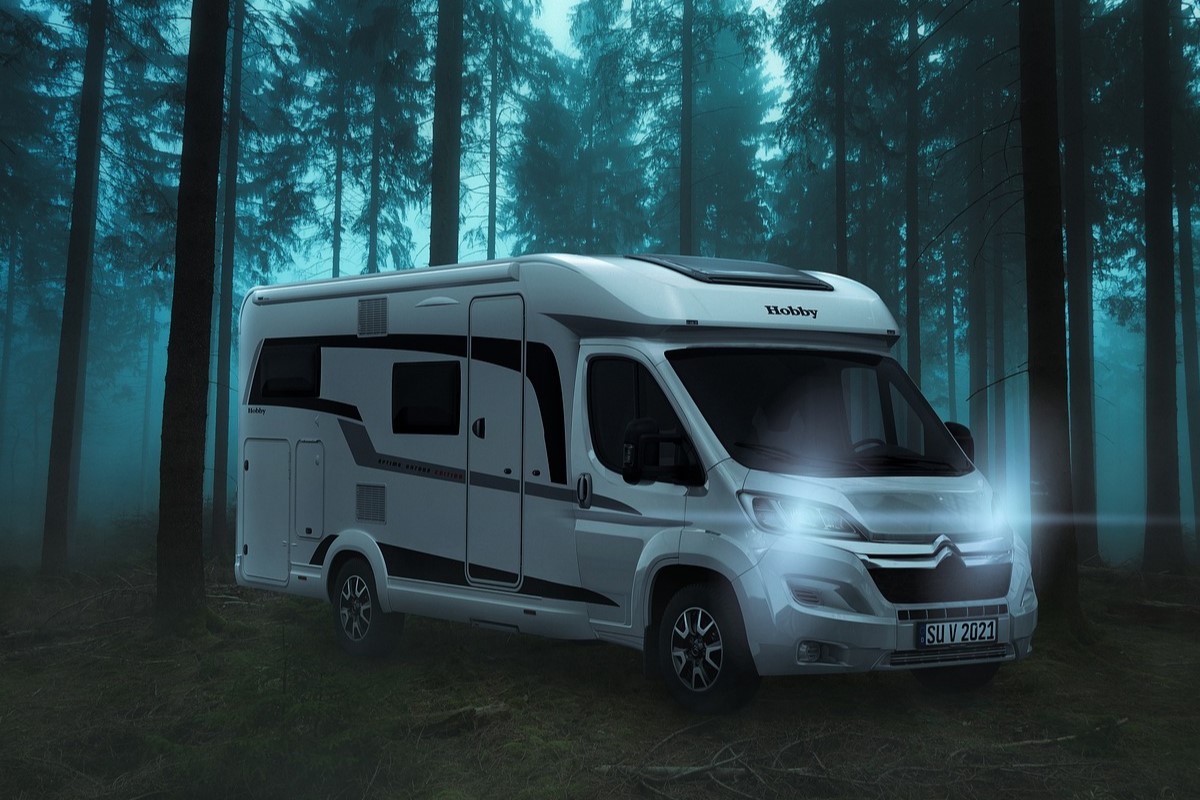For many avid campers and outdoor enthusiasts, the allure of RV camping lies in the freedom to explore the great outdoors while enjoying the comforts of home. Whether you’re a seasoned RV camper or a newbie, you’ve likely encountered various weather conditions. While sunny days and clear nights are ideal, Mother Nature doesn’t always cooperate.
Extreme weather conditions can include scorching heat and intense humidity, bone-chilling cold, heavy rainfall, snowstorms, and even hurricane-force winds. While these conditions may deter some, they present thrilling challenges and unique opportunities for those who crave adventure. With the proper knowledge, preparation, and equipment, RV camping in extreme weather conditions can be a rewarding experience that pushes your boundaries and leaves you with unforgettable memories.
Preparing for Extreme Weather RV Camping
Research Your Destination
Thorough research is essential before embarking on an RV camping trip in extreme weather conditions. Consider factors such as your chosen destination’s climate, terrain, and potential hazards. Websites, forums, and travel guides can provide valuable insights from experienced campers who have braved similar conditions.
Choose the Right RV
Selecting the appropriate RV for your trip is crucial. Some RVs are better suited for specific weather conditions. For example, if you plan to camp in freezing weather, you’ll want an RV with excellent insulation and a reliable heating system. In contrast, an RV with powerful air conditioning is essential for hot and humid climates.
Inspect and Maintain Your RV
Ensure your RV is in top-notch condition before hitting the road. Regular maintenance checks should cover crucial aspects like tires, brakes, engines, plumbing, and electrical systems. Address any issues or perform necessary upgrades to enhance your RV’s suitability for extreme weather camping.
Stock Up on Essentials
Extreme weather camping demands adequate preparation, so create a checklist of essential items. Stock up on food, water, clothing, and camping gear suitable for the conditions you expect to encounter. Remember to pack a well-equipped first-aid kit and tools for emergency repairs.
RV Camping in Hot and Humid Conditions
Shade and Ventilation
Hot and humid weather can be uncomfortable, but with the right strategies, you can stay cool and enjoy your camping experience. Park your RV in the shade whenever possible to reduce interior temperatures. Use reflective window covers to block out the sun’s heat. Maximize ventilation by opening windows and using fans or air conditioning as needed.
Hydration and Sun Protection
Staying hydrated is essential in hot weather. Carry plenty of water and avoid alcoholic or sugary drinks that can lead to dehydration. Wear light, breathable clothing, and remember sunscreen and hats to protect yourself from the sun’s harmful rays.
Timing Matters
Plan your activities during the more excellent parts of the day, such as early morning and late evening. This way, you can explore and enjoy the outdoors without suffering from the heat of the midday sun.
RV Camping in Cold and Snowy Conditions
Insulation and Heating
Cold-weather camping necessitates a well-insulated RV and a reliable heating system. Upgrade your RV’s insulation if necessary, and carry extra blankets, sleeping bags, and warm clothing. Opt for a heating source that suits your RV, such as a propane furnace or electric space heaters.
Prevent Freezing
Protect your RV’s water system from freezing by insulating pipes and using a heated hose. Keep your freshwater tank full to prevent it from freezing, and add antifreeze to your wastewater tanks. Seal any gaps or cracks in your RV to keep cold and warm air out.
Snow and Ice Removal
Be prepared to clear snow and ice from your RV, especially from the roof and around slide-outs. Carry the necessary tools, such as a roof rake and ice melt, to prevent excessive snow buildup and potential damage.
RV Camping in Wet and Stormy Conditions
Waterproofing
To stay dry during heavy rainfall:
- Ensure your RV is properly sealed and waterproofed.
- Check roof seals, windows, and doors for leaks and address any issues promptly.
- Use weatherproofing sealants and tape to reinforce vulnerable areas.
Drainage and Mud
Prepare for muddy conditions by carrying leveling blocks and stabilizers to keep your RV above the muck. Create drainage paths around your RV to divert water away and prevent flooding. Consider using outdoor mats to minimize dirt and mud tracked inside.
Stay Informed
In severe storms, stay informed about weather forecasts and emergency alerts. Have a plan for evacuating if necessary, and always prioritize safety over your camping experience.
RV Camping in Windy and Stormy Conditions
Secure Your RV
Strong winds can pose significant challenges, so properly secure your RV. Extend stabilizers and use leveling blocks to prevent tipping. Keep awnings retracted, and secure loose items both inside and outside your RV to prevent damage from flying debris.
Emergency Preparedness
Have an emergency kit on hand that includes flashlights, a weather radio, extra batteries, and essential supplies. Be prepared to hunker down in your RV if the weather becomes too dangerous for travel.
Related Articles
24 Hour Beaches Near Me, Ultimate Guide
RV Camping on a Budget: Money-Saving Hacks
RV Camping for Families with Special Needs: Tips and Resources

